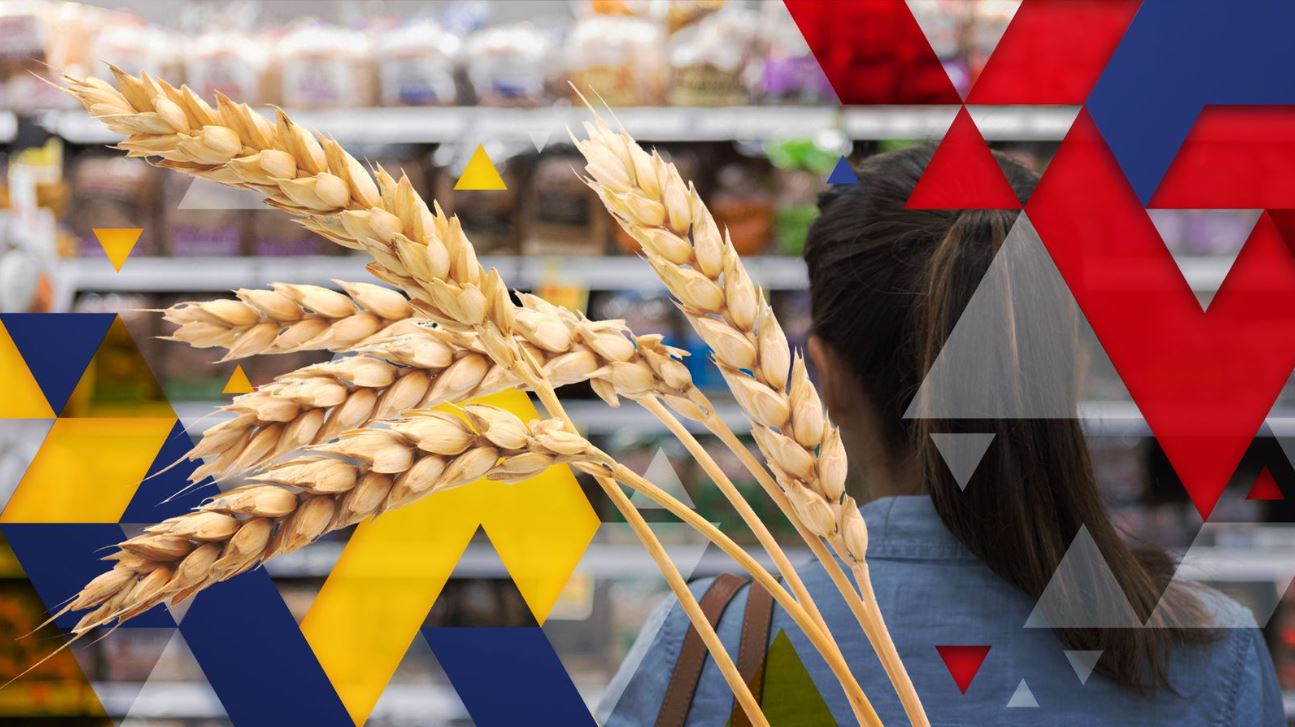Iran Press/ Commentary: "Food insecurity, climate change, the COVID-19 pandemic, and the negative effects of various international conflicts have all affected many countries, including Iran, which has suffered from US sanctions for more than four decades," Takht-Ravanchi told a Security Council meeting on food security and conflict.
Iran's ambassador to the UN refers to the global food crisis due to the unprecedented situation of shortage of strategic food products such as wheat, corn, and oilseeds because of the Ukraine war and its negative impact on production and exports of these products from the two central supplier countries of these food items, namely Russia and Ukraine.
Together, the two countries produce and export about 30 percent of the world's wheat and about 80 percent of the oilseeds destined for Africa and West Asia.

Related News:
War in Ukraine is fuelling the next global food crisis: FAO
Russia is one of the world's largest exporters of chemical fertilizers. Extensive Western sanctions against Russia have halted much of the export of this vital product to the world's agricultural sector.
"Russia and Ukraine are essential players in the global grain market, and the war between the two countries has been a critical factor in the growth of world food prices, especially wheat, corn, and oilseeds.
This increase occurred while the demand for these products and their production costs also increased after the decrease in the outbreak of corona," Qu Dongyu, Director-General of Food and Agriculture Organization of the United Nations (FAO) pointed to rising global food prices.
Of course, long-term factors such as climate change that have changed rainfall patterns and prolonged droughts in different parts of the world have contributed to this crisis. At the same time, the coronavirus pandemic has negatively affected the economic growth of many countries and, as a result, has affected their production sector, including agricultural activities.
At the same time, the relative end of the Corona pandemic has boosted global demand for food.
"The number of people suffering from food insecurity has doubled in just two years, from 135 million before the pandemic to 276 million," UN Secretary-General Antonio Guterres told a meeting about the "growing food crisis." And noted, "More than half a million people live in famine, indicating an increase of over 500 percent since 2016."
Impact of the food crisis on the West Asian region
All this, along with the emergence and continuation of regional conflicts in the world, especially in the West Asian region, where Iran is also located, has caused the issue of food insecurity in this sensitive region to become very prominent.
"In Afghanistan, there are 22 million people who are food insecure and desperate need of assistance. Iran collaborates with international organizations to address Afghanistan's specific food security situation.
Under the current challenging circumstances, the international community is expected to assist the Afghan people in overcoming current difficulties. In another hotspot in our region, in early 2022, acute food insecurity in Yemen worsened, with an 8% increase in the number of people in need compared to early 2021.
Equally critical is the humanitarian situation in Palestine, which has deteriorated due to decades of occupation and apartheid policies by the Israeli regime. The illegal blockade of Gaza, which severely limits the Palestinian people's right to food, must be lifted as soon as possible," said Iran's Permanent Representative to the United Nations.
Related News:
Global food prices are still near record highs in April
The issue of food crisis in the world has received special attention from the United Nations, and the authorities of this international organization, including the Secretary-General of the United Nations, the United Nations Food Program, and the World Food and Agriculture Organization (FAO) have warned about this.
David Beasley, the UN Food Program executive director, noted, "We are now witnessing rising fuel prices. Also increase in the price of food, increase in the price of transportation. This is causing chaos now, especially for the poor people of the world. But these issues will not only affect poor people."
Explaining the global food security situation in the wake of the Ukraine war, the FAO Director-General predicts that world food prices will rise in the coming months.
By Seyyed Reza Mir Taher
205
Read More:
Iran supports UN efforts addressing food insecurity
Russia: Western actions disrupt global food security
Hossein Vaez

